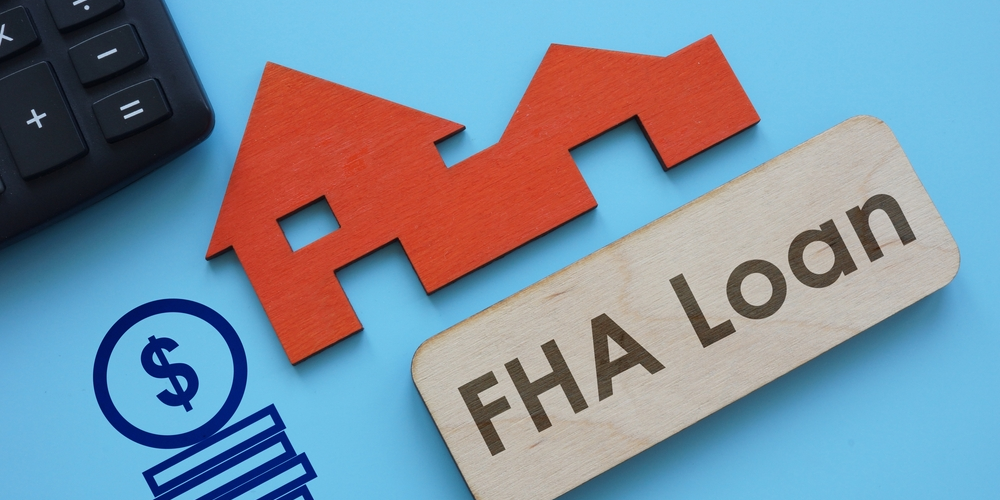If you’re considering buying a home, you might have heard about FHA loans. They’re popular, especially among first-time homebuyers, because they have easier qualification criteria compared to traditional loans. But what exactly is an FHA loan, and how do you know if you qualify? Let’s explore this in simple terms so you can understand whether an FHA loan is right for you.
Understanding FHA Loans
An FHA loan is a mortgage that the Federal Housing Administration insures. It’s designed to help people who might not qualify for a standard loan. When you submit a FHA loan application, you’re applying for a loan with a lower down payment and more lenient credit requirements, which can be helpful if you’re just starting or have had financial troubles.
Basic Eligibility Requirements
To qualify for an FHA loan, you need to meet some basic requirements. These include having a valid Social Security number, being a legal resident of the United States, and being of legal age to sign a mortgage in your state.
Credit Score and Down Payment
Your credit score plays a big part in qualifying for an FHA loan. Generally, you need a credit score of at least 580 to qualify for the low down payment advantage, which is currently 3.5%. If your credit score is between 500 and 579, you might still qualify, but you’ll have to make a larger % down payment of 10%.
Employment History and Income
Lenders will examine your employment history and income to determine whether you can afford an FHA loan. Typically, you’ll need to have steady employment for the past two years. They’ll also check your income to ensure you can handle the monthly payments.
Understanding Mortgage Insurance Premiums (MIP)
FHA loans require mortgage insurance premiums, which protect the lender in case you default on the loan. Understanding how MIP works, including the upfront and annual costs, is crucial in calculating the overall expense of an FHA loan. This section will explain the purpose of MIP and how it affects your loan payments.
Refinancing Options with FHA Loans
If you already have an FHA loan, you might consider refinancing to get a better interest rate or lower monthly payments. This part of the article will discuss the different refinancing options available to FHA loan holders, including the streamlined refinance program, which offers a simplified and quicker process.
The FHA Loan Application Process
Navigating the FHA loan application process can seem daunting. This section will guide you through applying for an FHA loan, from gathering the necessary documents to finding an FHA-approved lender. It’s designed to help you understand what to expect and how to prepare for the application process.
Post-Approval: What Comes Next?
After your FHA loan is approved, several important steps must be followed before you close on your new home. This includes home inspections, finalizing loan terms, and understanding the closing process. This section will prepare you for what happens after loan approval and how to navigate the final steps before becoming a homeowner.
Debt-to-Income Ratio (DTI)
Your debt-to-income ratio is another important factor. This ratio compares your total monthly debts to your gross monthly income. Your DTI must usually be below 43% to qualify for an FHA loan. This ensures you’re not taking on more debt than you can handle.
Property Requirements
There are also requirements for the property you want to buy with an FHA loan. The home must be your primary residence, meet certain safety and security standards, and be appraised by an FHA-approved appraiser.
Loan Limits
FHA loans have limits on how much you can borrow. These limits vary depending on where you live and the cost of living in that area. It’s important to check the loan limits in your area to see if they fit the price of the home you want to buy.
“With SoFi, you can borrow up to $472,030 in most places, and up to $1,089,300 in certain counties. Because of their relatively lax qualification requirements, FHA loans can make great options for first-time home buyers.”
Qualifying for an FHA loan can be a great opportunity if you’re looking to buy a home but don’t meet the requirements for a traditional mortgage. By understanding the eligibility criteria and preparing accordingly, you can determine if an FHA loan is the right path for your home-buying journey. Remember, it’s always a good idea to talk to a mortgage advisor who can give you personalized advice based on your financial situation.
For more valuable information visit our website.






Add comment